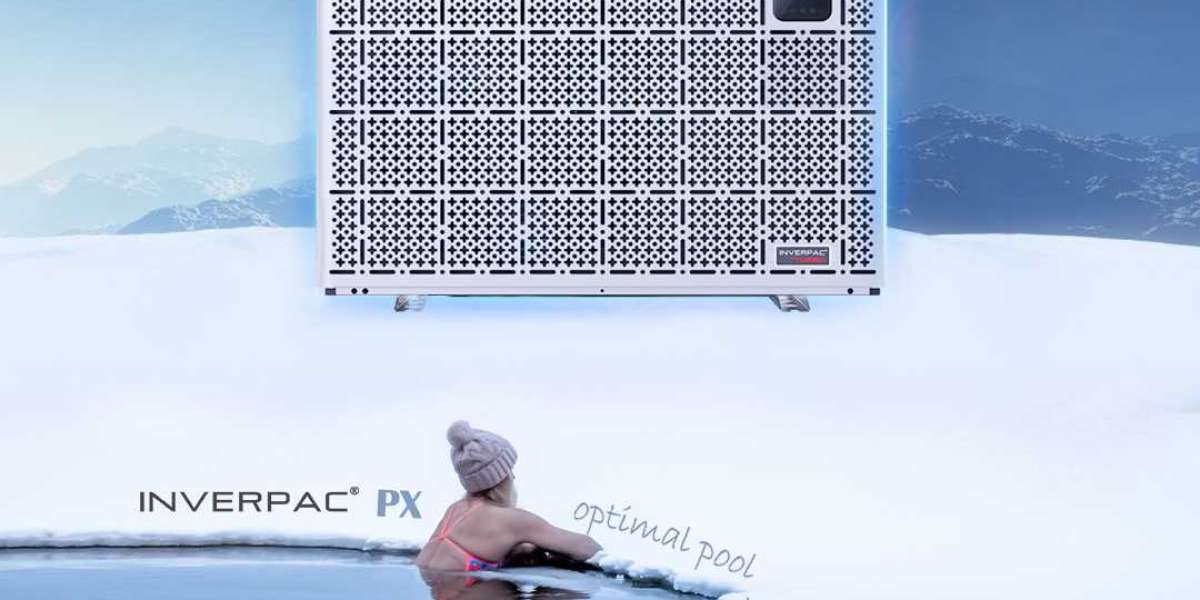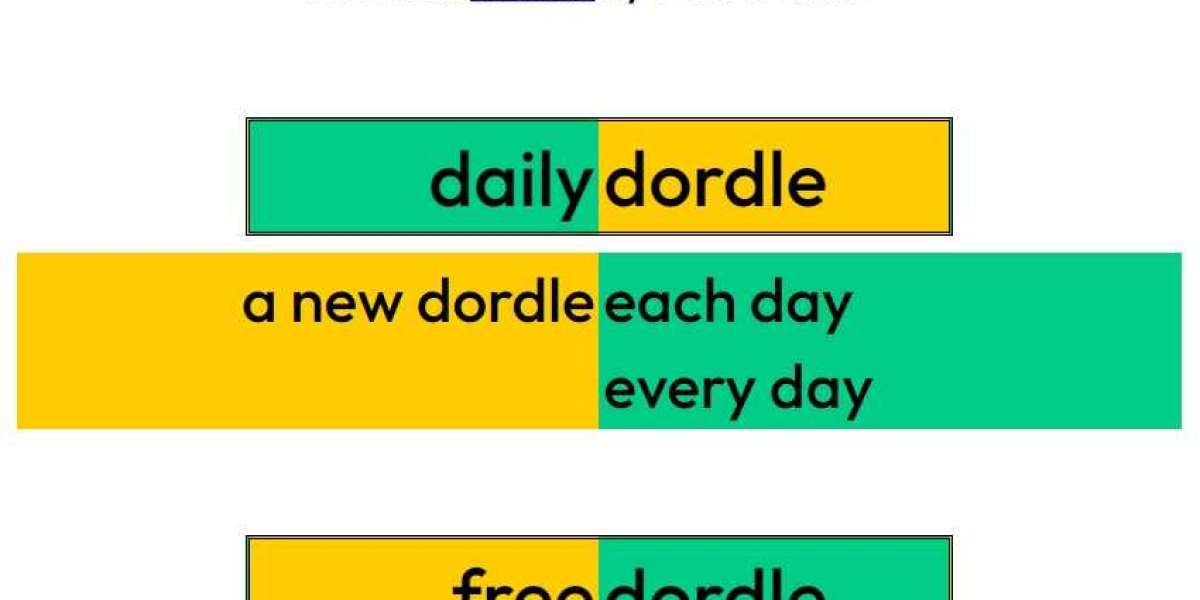When it comes to heating your swimming pool, there are several options available. One of the most popular options is a pool heat pump, which extracts heat from the air and transfers it to the water. While traditional pool heat pumps have been around for a while, newer inverter swimming pool heat pump is becoming more popular due to their increased efficiency and cost savings. In this article, we'll take a closer look at inverter pool heat pumps and why they may be a better choice for your pool heating needs.  heat pump companies
heat pump companies
What is an Inverter Pool Heat Pump?
An inverter pool heat pump is a type of pool heat pump that uses variable speed technology to regulate the amount of heat transferred to the water. Unlike traditional pool heat pumps, which operate at a fixed speed, inverter pool heat pumps are designed to adjust their speed based on the temperature of the pool water and the ambient air temperature. This means that they can work more efficiently and provide more consistent heating throughout the year.
How Do Inverter Pool Heat Pumps Work?
Inverter pool heat pumps work by extracting heat from the surrounding air and transferring it to the pool water. They do this using a refrigerant that absorbs heat as it evaporates and releases heat as it condenses. The refrigerant flows through a series of coils that are exposed to the air, and a fan blows air over the coils to transfer heat to the refrigerant. The key difference between inverter pool heat pumps and traditional pool heat pumps is that inverter models use variable speed technology to regulate the flow of refrigerant. By adjusting the speed of the compressor and fan, inverter pool heat pumps can optimize their performance based on the current temperature conditions. For example, if the ambient air temperature is cooler, the inverter heat pump will slow down the compressor and fan to extract heat more slowly. This helps to prevent heat loss and improve efficiency.
Advantages of Inverter Pool Heat Pumps
There are several advantages to choosing an inverter pool heat pump over a traditional pool heat pump. One of the most significant advantages is increased efficiency. Inverter pool heat pumps can achieve higher efficiency ratings than traditional models because they can adjust their speed to match the conditions. This means that they can use less energy to heat your pool, which can lead to significant cost savings over time. In addition to improved efficiency, inverter pool heat pumps also offer more consistent heating. Traditional pool heat pumps may struggle to maintain a consistent temperature in colder weather, as they are designed to operate at a fixed speed. Inverter pool heat pumps, on the other hand, can adjust their speed to match the conditions, which means that they can provide more reliable heating throughout the year.
Considerations When Choosing an Inverter Pool Heat Pump
While inverter pool heat pumps offer several advantages over traditional models, there are some considerations to keep in mind when choosing one for your pool. One of the most important considerations is the initial cost. Inverter pool heat pumps can be more expensive than traditional models, although they may offer long-term cost savings due to their increased efficiency. Another consideration is the size of your pool. Inverter pool heat pumps are generally more efficient for larger pools, as they can more easily adjust their speed to match the conditions. If you have a smaller pool, a traditional pool heat pump may be a more cost-effective option. Finally, it's important to consider the climate in your area and pool heat pump supplier. Inverter pool heat pumps are generally more effective in milder climates, where the temperature doesn't drop too low. If you live in an area with very cold winters, a traditional pool heat pump or another heating option may be a better choice.








